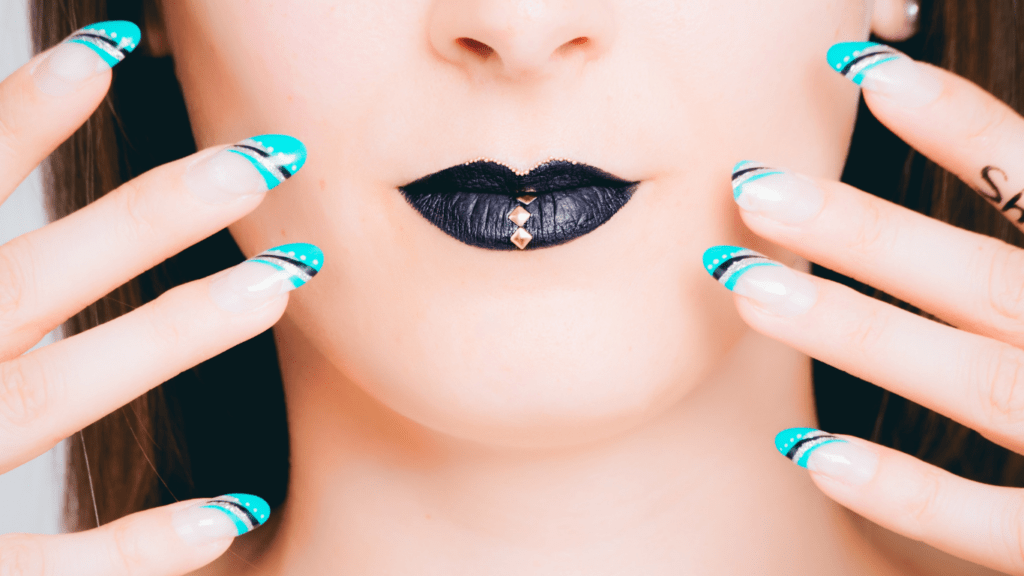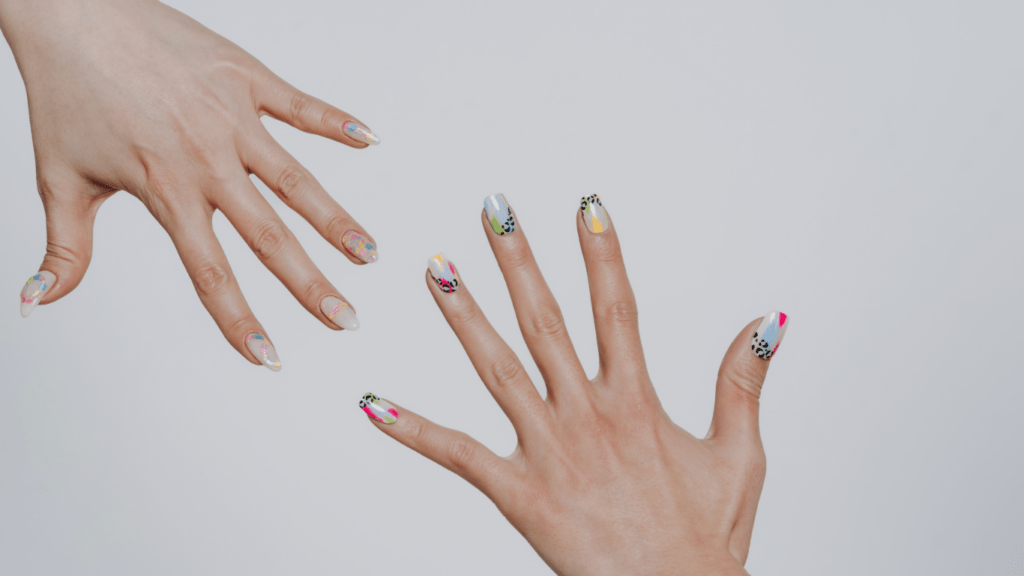If you’ve ever stood in the hair care aisle, puzzled by all the options, you’re not alone. Among the growing number of choices, many folks are asking: is luvizac shampoo good for hair? With shampoos catering to curls, volume, color protection, and scalp health, it’s tough to know what actually delivers. For a closer look at one option, check out this essential resource, where you’ll find details that help break it all down.
What Makes a Shampoo “Good” Anyway?
Let’s get clear on what “good” means when it comes to shampoo. It’s a mix of things: safe ingredients, how well it cleans without over-drying, whether it supports your specific hair type, and how it leaves your scalp feeling. A good shampoo balances cleansing power with the ability to nourish and protect your hair in the long run.
Some people just want their shampoo to smell nice and lather well. Others are more ingredient-conscious — they’re scanning labels for sulfates, silicones, and parabens. The truth? A good shampoo should not only clean your hair but also work with your scalp’s pH, maintain moisture, and avoid stripping essential oils.
Luvizac Shampoo: Quick Overview
Luvizac is a relatively new name in the hair care world, but it’s gaining attention fast. The brand claims to formulate its shampoo with naturally derived ingredients, focusing on scalp wellness and strengthening hair from root to tip. That includes claims of reducing hair fall, boosting shine, and improving hair texture over time.
So, is luvizac shampoo good for hair? Let’s break it down based on some key factors.
Ingredients: Clean or Cluttered?
Luvizac’s ingredient list tends to feature gentle surfactants — the stuff that helps shampoo lather and lift dirt. Unlike traditional shampoos packed with harsh sulfates like sodium lauryl sulfate, Luvizac leans on sulfate-free options. That’s a win for anyone with a sensitive scalp or with hair that’s been color-treated, bleached, or chemically processed.
You’ll also find things like aloe vera, rosemary extract, biotin, and panthenol — ingredients known for strengthening and hydrating hair. Biotin in particular has become a favorite among people trying to fight thinning or boost volume.
In short, Luvizac’s formula seems designed for balance — clean enough to feel refreshed, but with added nutrients to help support long-term hair health.
Tested on Real Hair Types
Any decent hair product stands up better when tested across different hair types: curly, straight, oily, dry, thick, and fine. According to consumer reviews and product testers, Luvizac performs well across a range of hair types. People with dry, frizzy hair report improved smoothness and shine, while those with oily scalps note that the shampoo doesn’t over-strip and cause rebound oiliness.
One surprising bit? Users with sensitive or flaky scalps often report less irritation. That might be tied to the lack of drying alcohols or synthetic fragrances — Luvizac avoids the big offenders that tend to cause scalp flare-ups.
Performance Over Time
The real measure of a good shampoo isn’t just how it works after one wash — it’s how your hair looks and feels a month later.
Luvizac seems to pass the long-game test. With regular use, folks often notice less breakage, more manageable hair, and reduced dandruff. The packaging also helps here, with a pump-style bottle that avoids waste and makes regular use easier.
Still, it’s not magic. Luvizac won’t instantly fix split ends or reverse years of bleach damage, but it seems to help hair hold onto hydration and strength better than mainstream drugstore options.
Who Should Use It?
Luvizac shampoo makes the most sense for people looking for hair-friendly ingredients without diving into salon-brand price territory. It’s especially useful for:
- Anyone with dry, damaged, or over-processed hair
- People who want to avoid sulfates, parabens, and artificial colors
- Those with itchy, irritated, or sensitive scalps
- Users seeking mild, everyday cleansing that won’t strip hair
If your current shampoo leaves your hair squeaky, sticky, or just flat—Luvizac might be a solid, switch-worthy option.
Things to Watch Out For
While Luvizac gets solid marks overall, no shampoo is perfect for everyone. Some users note that it takes a few washes for their hair to adjust — especially if they’re used to high-foam, sulfate-heavy shampoos.
Also, if you use lots of styling products or need heavy-duty cleansing (think silicones, waxes, or dry shampoo buildup), you might need to rotate Luvizac with a clarifying shampoo once a week.
Finally, the scent is subtle — herbal and clean rather than fruity or floral — which may be a plus or minus depending on your preferences.
Final Verdict
So circling back to the main question: is luvizac shampoo good for hair? Based on the ingredients, performance reports, and versatility across hair types, the answer leans toward yes. It’s a well-balanced option for most people, especially if you’re looking for cleaner formulations and consistent results over time.
That said, as with all personal care products, individual results may vary. If you’re switching from a completely different shampoo type, give your hair a couple of weeks to adjust. Often, your scalp’s oil production needs time to rebalance once harsh cleansers are removed from your routine.
Bottom line? If you’re tired of shampoos that promise the world and deliver three bad hair days in a row, Luvizac is worth trying. Whether you’re dealing with dryness, dullness, or simple curiosity, the formula seems to live up to its name — supportive, thoughtful, and actually effective where it counts.
Try It or Skip It?
Still on the fence? Don’t overthink it. Start with a single bottle and see how your hair responds after two weeks. Check the ingredient list, note how your scalp feels, and see if your hair gets easier to manage day to day.
Because when it comes down to it, “is luvizac shampoo good for hair?” isn’t just about marketing claims — it’s about what your hair actually needs. And for a lot of people, this one seems to tick the right boxes.




